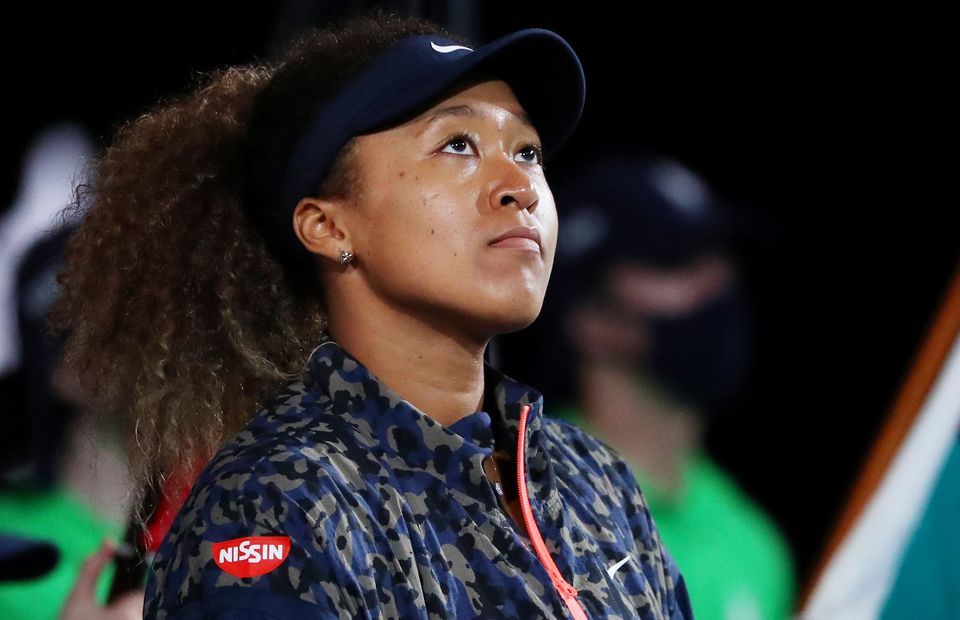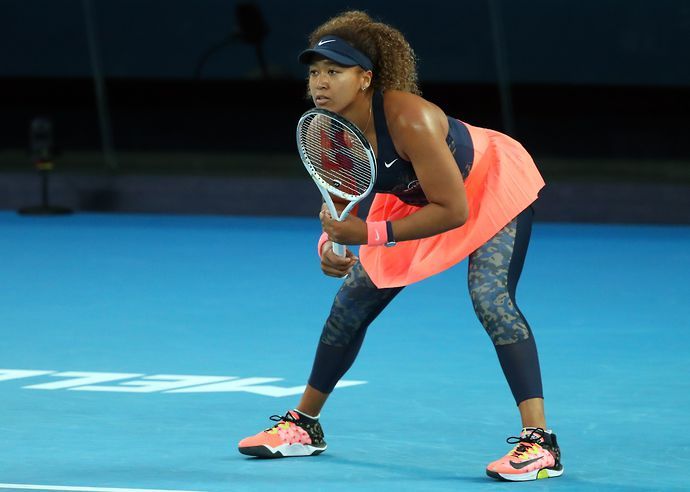We live in a world where the subject of mental health oscillates from having its importance shouted about – with a whole week dedicated to increasing awareness – only to revert back to zipped lips and heads in the sand.Clothing companies push the narrative on quirky sweatshirts that 'it's cool to be kind' and the online community joins hands to support those struggling who are brave enough to speak out. But the press and social media are often the spikes that puncture this image of prioritising support for those in clearly vulnerable states.Naomi Osaka has withdrawn from the French Open in order to put her health first. The world number two recently made the decision to boycott press conferences at Roland-Garros, highlighting the fact that the nature of the questioning can often leave athletes feeling dejected and doubting themselves.The Tour responded almost immediately to Osaka's statement, threatening a fine and expulsion from the tournament if she stood by her decision to forego media duties. After being hit with a $15,000 (£10,600) penalty, the 23-year-old pulled out of the event and announced she would be taking time away from the court. In a raw statement, Osaka revealed she has been suffering from bouts of depression since the US Open in 2018.
Her statement has been met by a response from the Grand Slam itself, which is patently nothing but ignorant and bordering on tone-deaf.
The Roland-Garros website issued a run-through of the events which led to Osaka's withdrawal, claiming they tried to convince her to reconsider and checked in on her mental wellbeing.
"Naomi Osaka today chose not to honour her contractual media obligations. The Roland-Garros referee has therefore issued her a $15,000 fine, in keeping with article III H. of the Code of Conduct.
"The mental health of players competing in our tournaments and on the Tours is of the utmost importance to the Grand Slams," the statement reads.
To claim the mental wellbeing of all athletes involved in the Grand Slams is "of the utmost importance", despite essentially blackmailing Osaka not to put her health first, is so out of touch it's almost frightening.
The pattern that has emerged throughout recent years outlines the cruel reality of how the stigma surrounding mental health issues continues to vacillate. This reality is 90 percent ignorance, with a 10 percent sprinkling of 'Be Kind' hashtags and feeling satisfied that retweeting the number for the Samaritans is doing your bit. The harsh truth is that the 10 percent typically only comes after mental illness claims the life of someone the world knows and loves.
Alexander McQueen, Robin Williams, Caroline Flack. Celebrity suicides provide a jolting but brief wake-up call for those who aren't usually tuned into the battles many have going on inside their head.
The media can be an extremely brutal place and it's no secret that the mounting pressure from headlines and gossip has led to the deterioration of many a celebrity's mental health. Flack is one of the most recent and major examples of this. As expected, the grieving period after her death featuring the millions imploring each other to "be kind" always, was short-lived and met soon after by radio silence.
Cyclist Kelly Catlin, wrestler Hana Kimura, and world champion triathlete Jackie Fairweather are just three athletes who lost their lives to suicide as a result of ongoing mental health problems in recent years. With glaring examples like these, the media should not be pushing sportspeople into press duties if they are not well enough to do so.
An athlete would not be forced to compete in a match if they had a muscle injury, so why is this any different?
Osaka has a huge platform and she used it to vulnerably reveal her struggle. What kind of a message is being sent out that she was essentially ignored and given an ultimatum after admitting she was not well enough to fulfill media duties?
Forcing Osaka to choose between her livelihood and her health was a very dangerous move, and Roland-Garros' response to her statement was no better. The press must shake this narrative that they own these players and that they are entitled to dismissing mental illness for the sake of a few soundbites.





















